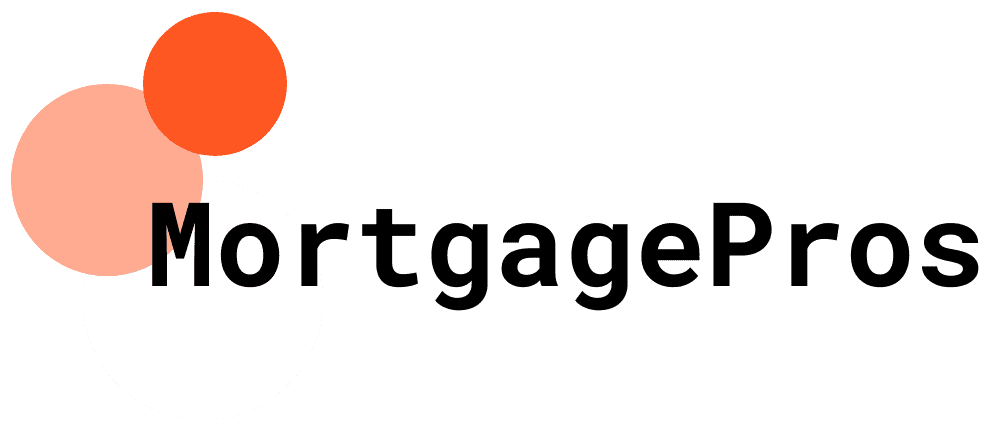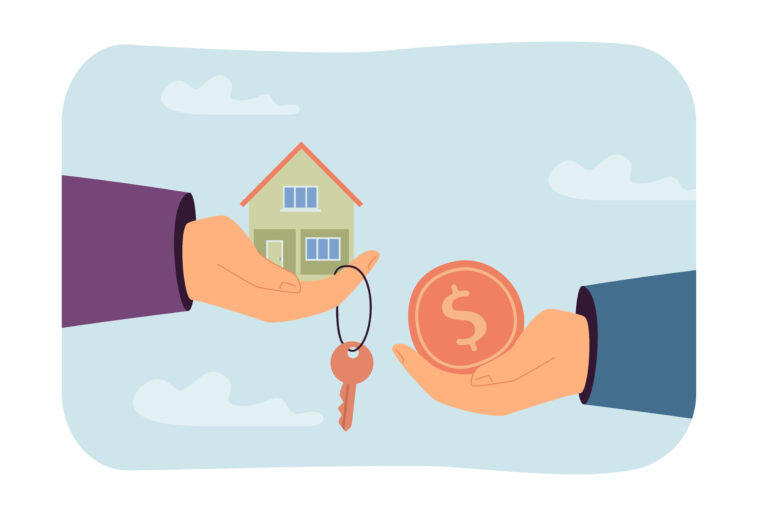For many, owning a home is a quintessential part of the American dream, a symbol of financial stability and personal achievement. At the heart of this dream is the mortgage – a key not just to a house, but to long-term security and prosperity. Navigating the world of mortgages can be complex, but understanding this key element of home buying is crucial for prospective homeowners. This comprehensive guide aims to demystify mortgages, providing you with the knowledge to confidently unlock the door to your future home.
The Basics of a Mortgage: Understanding Your Commitment
A mortgage is essentially a loan specifically used to purchase real estate. When you take out a mortgage, you are committing to pay back the amount borrowed, along with interest, over a set period. The property you buy serves as collateral for the loan, meaning if you default on your payments, the lender can take possession of the home.
Types of Mortgages: Finding the Right Fit
There are several types of mortgages available, each suited to different financial situations and goals. The most common include fixed-rate and adjustable-rate (ARM) mortgages. Fixed-rate mortgages offer the stability of a constant interest rate and monthly payment for the life of the loan, typically 15 or 30 years. Adjustable-rate mortgages, however, have an interest rate that can change over time, usually in relation to an index rate. Deciding between a fixed-rate and ARM mortgage will depend on factors like how long you plan to stay in your home and your tolerance for risk.
Qualifying for a Mortgage: The Approval Process
To qualify for a mortgage, lenders will evaluate your creditworthiness. This includes examining your credit score, employment history, income, debts, and assets. The better your financial profile, the more favorable the terms of your mortgage are likely to be. It’s crucial to get your finances in order before applying for a mortgage, which might mean improving your credit score, saving for a down payment, and reducing debt.
Down Payments and Loan-to-Value Ratio
The down payment is a crucial aspect of your mortgage. It’s the portion of the property’s price that you pay upfront, with the mortgage covering the rest. A larger down payment generally means a smaller mortgage, better loan terms, and lower monthly payments. The loan-to-value ratio (LTV) – the amount of the mortgage divided by the value of the property – is a critical factor lenders consider when determining loan eligibility and terms.
Understanding Mortgage Rates and Fees
Mortgage rates are determined by a variety of factors, including your credit score, loan type, home location, and loan amount. Rates can significantly impact the overall cost of your home over the life of the loan. In addition to interest rates, be aware of the various fees associated with mortgages, like origination fees, closing costs, and any penalties for late payments or refinancing.
Government-Backed Mortgages: FHA, VA, and USDA Loans
For those who may not qualify for a conventional mortgage, government-backed loans can be an excellent alternative. FHA loans, insured by the Federal Housing Administration, are popular with first-time homebuyers for their lower down payment requirements. VA loans, guaranteed by the Department of Veterans Affairs, offer benefits to veterans and active-duty service members, including no down payment options. USDA loans, backed by the United States Department of Agriculture, are designed for rural homebuyers and offer low-interest rates with no down payment.
The Role of Mortgage Brokers and Lenders
Working with the right mortgage broker or lender can simplify the home buying process. Mortgage brokers act as intermediaries, helping you compare various loan options from different lenders. Direct lenders, on the other hand, provide loans directly to you. Weighing the pros and cons of each and shopping around for the best rates and terms is essential.
Preparing for Closing: The Final Steps
Closing on your mortgage is the final step in the home buying process. This involves reviewing and signing a host of legal documents, making the necessary payments, and finally, getting the keys to your new home. Being prepared for closing means understanding the documents you’ll be signing, having your finances in order, and being ready for any unexpected costs.
Managing Your Mortgage: Long-Term Considerations
Successfully managing your mortgage over the long term requires staying on top of payments, understanding how your payments are applied to loan principal and interest, and being aware of opportunities to refinance should interest rates drop significantly.
Conclusion: Unlocking Your Homeownership Dream
Understanding the nuances of mortgages is a crucial step in the journey of homeownership. With the right preparation, knowledge, and partners, navigating the maze of mortgage options can lead to a successful home purchase. Remember, a mortgage is not just a financial commitment; it’s a stepping stone towards building your personal and financial future. By mastering the mortgage key, you can unlock the door to not just a house, but a place to call home, a sanctuary for your dreams and memories.
As you embark on this exciting journey, take the time to understand each aspect of the mortgage process, seek advice from trusted professionals, and make informed decisions. With careful planning and the right approach, you can achieve the dream of homeownership, laying a foundation of stability and security for years to come.



